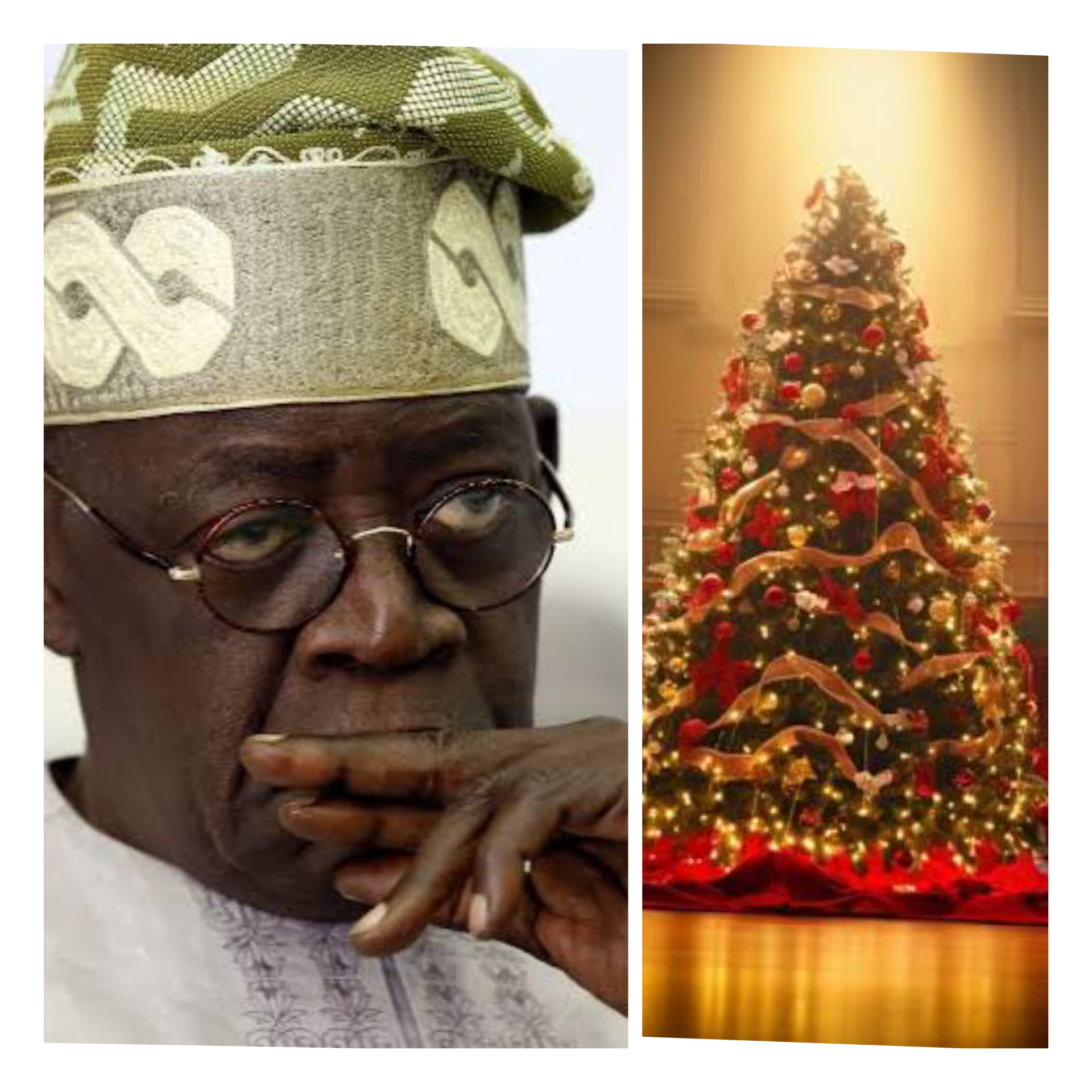
Economic Struggles Drive Families to Rely on Secondhand Clothing as Christmas Approaches
As Christmas approaches, families across Nigeria are bracing for a holiday season marked by economic hardship, with many parents unable to afford new clothes for their children. Rising inflation, high unemployment, and the skyrocketing cost of essential goods are forcing many Nigerian families to forgo festive purchases, including new clothing, in favor of secondhand garments.
In communities throughout the country, charities and local markets have reported a sharp increase in demand for used clothing as families struggle to make ends meet. The tradition of buying new clothes for children to mark the Christmas celebration—a long-standing custom in Nigerian culture—has become increasingly out of reach for many.
“We just can’t afford to buy new clothes this year,” said Grace Okafor, a mother of three in Lagos. “Everything has gone up—food, transportation, even basic toiletries. We’re just trying to survive. I’ve been able to buy secondhand clothes for my children through a local market, but new clothes are no longer an option.”
Charity organizations across Nigeria are stepping in to help, with several running drives to collect used clothing and distribute it to families in need. However, despite the generosity of donors, the overwhelming demand means that not every family can receive assistance.
“We are seeing more and more families come in, not just asking for food, but for clothing as well,” said Temidayo Adebayo, a volunteer with a non-governmental organization in Abuja. “The reality is that for many families, buying new clothes for their children this Christmas is a luxury they can no longer afford.”
Parents across the country are making difficult decisions about how to allocate their limited resources, often choosing to prioritize basic needs such as food and housing over seasonal items like new clothes or presents.
While many Nigerians traditionally celebrate Christmas with new outfits, for a growing number of families, this year’s holiday will be marked by the harsh reality of poverty.
“I used to save up to buy my children new clothes for Christmas, but now I can barely afford to feed them,” said Chinedu Obinna, a father in Enugu. “The children will wear the clothes we can get, even if they’re used. At least they’ll have something to wear. ”This shift in Christmas traditions has left many feeling disheartened, as the festive season, typically a time for family gatherings and joy, is now overshadowed by the struggle to make ends meet.
In some parts of Nigeria, families are turning to community-based support networks, such as churches and local groups, for clothing and gifts. However, these resources are limited and cannot fully meet the widespread need.
As Christmas approaches, many Nigerians are finding comfort not in material goods but in the spirit of community and resilience. In some parts of the country, families are making do by reusing and repurposing clothes from previous years, while others are coming together to share what little they have.
For now, it seems that secondhand clothing will be a hallmark of the holiday season for a growing number of Nigerian families. While many children may not get the new clothes they wish for, the collective effort of communities—helping one another through hard times—offers a glimmer of hope amid the country’s ongoing economic struggles.




